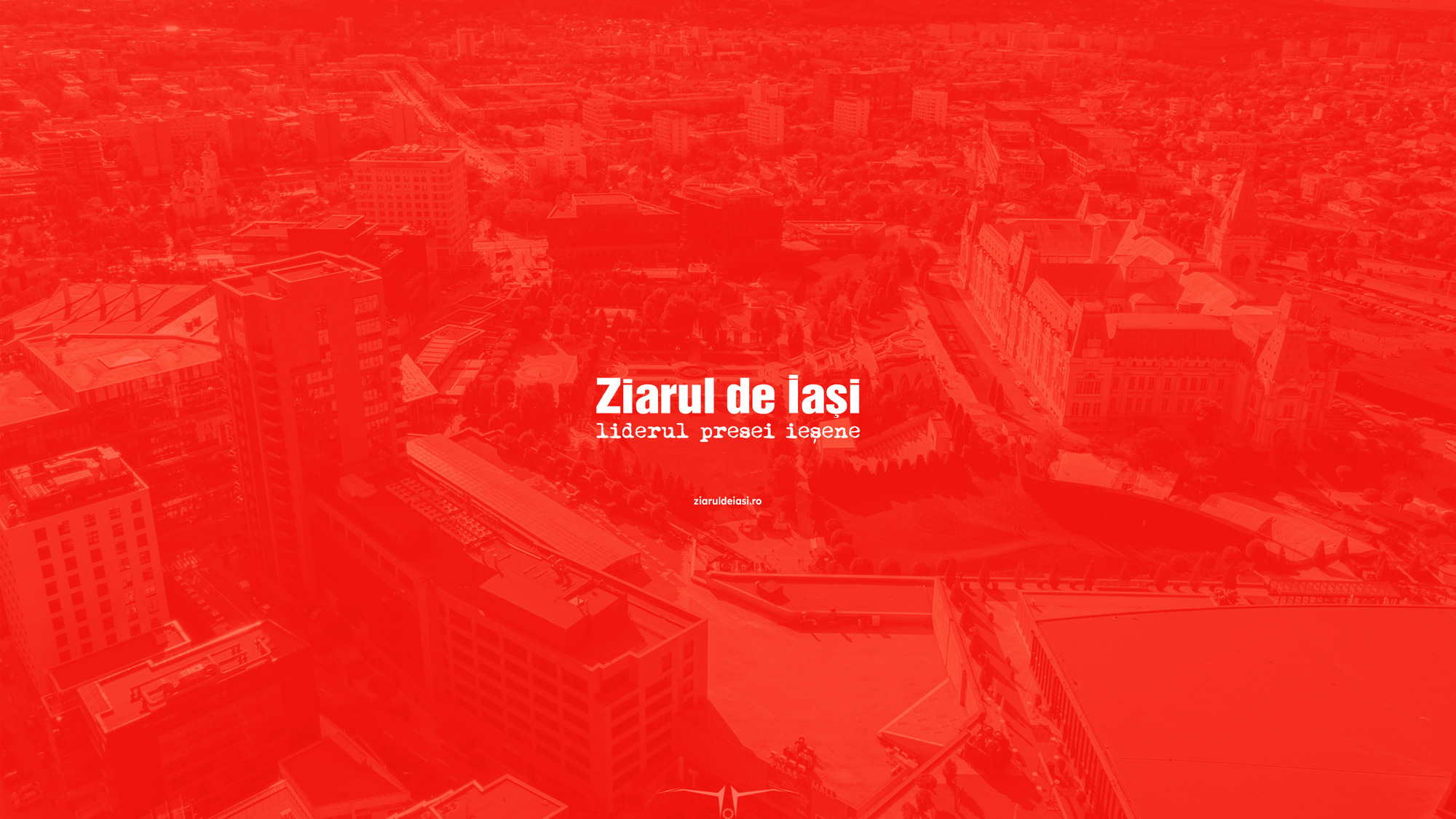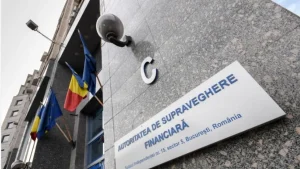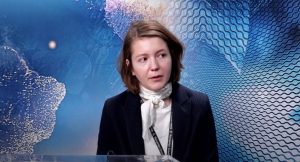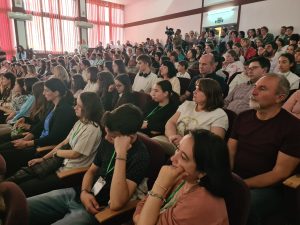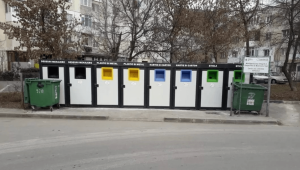
The recent scandal which has affected the justice department, generated by some spectacular arrestings concerning influential judges and prosecutors from Bucharest, offers us the example of a rabbinical dilemma. It is very difficult not to approve those who say that corruption is widely spread within the justice department and ask for radical measures meant to limit this phenomenon. At the same time, it is also very difficult not to approve Gunther Verheugen’s sayings concerning the danger of a political interference in the juridical domain. Everybody who lives in the real world has heard about how one can be released from prison in exchange for a huge amount of money, how a trial may be delayed for a very long period of time or how a stupefying sentence may be formulated. The reverse side of this situation is also valid: files may be "made up" against the persons who disturb the activity of some influential groups or against political enemies. Such practices are very frequent, especially when new changes, required by the electoral cycle, appear. How can one trust the juridical system when investigations initiated with very much enthusiasm, such as the ones directed against Razvan Temesan, George Constantin Paunescu or Corneliu Iacobov, fail because of a "procedural mistake" or because of some reasons which are very difficult to understand for someone who is not included in this system? What can the public opinion think when, all of a sudden, Ovidiu Budusan, the prosecutor who was investigating the Costea case together with the French justice department, becomes jobless? The political justification of such a decision is extremely transparent, even for persons who are not informed of the way things may evolve in such cases.
Even if the institutional crisis existing in Romania is very widely spread, the similar process which affects the justice department has deeper effects on the society in general, since it erodes the latter’s fundamental role of regulator of the excesses and skiddings which appear in the economic and political domain. Instead of being a system which prevents abuse in general, the institution of justice generates corruption. What can we do under such circumstances? Very little, even if the political discourse abounds in anti-corruption electoral promises. The whole institution of justice – including judges, lawyers, prosecutors, and the relationships with SRI (Romanian Intelligence Service) – makes up a system of interests which are very well defined. Families, relatives through alliance, godfathers, godchildren, or University colleagues make up a natural network of contacts and relationships impossible to destroy.
The famous American sociologist and economist Mancur Olson, who analyzed all these types of influences, designed a theoretical frame meant to explain the mechanisms underlying such structures.
In his opinion, the members of the special influential groups, which are relatively small, know very well how to organize themselves. Their main purpose is not to contribute to the collective well-being, but to protect the interests of their own members. Under these circumstances, a political action – even if it is designed with the best intentions, can be undermined by the reaction of such influential groups which have a major impact on all the important political parties, no matter what their ideological color might be. The dissolution of the state, referred to by so many journalists, is nothing but a process which reflects the constant increase of the role of these special influential groups during the last 5-6 years.
This is why we might say that, in spite of the idea of monolith it suggests, the real capacity of the Nastase government of imposing its own decisions all over the country is more reduced than we may think. It is only the practice of a less formalized political life which makes less visible the major conflicts of interests which affect the ruling party and the enormous influence of some interest groups coagulated around some professional business groups, trade-union federations or institutions. During the last years, the mass-media channels began serving as complements for these groups and started generating corruption.
Is this a hopeless situation? Not necessarily. There are changes which can be provoked by new agents who enter the game – for instance, we might expect the influence of the IT-related groups to increase, to the detriment of those coming from the traditional industry; such changes might also be provoked by a fundamental modification of the international context, such as Romania’s becoming an EU member. Besides such factors, there is very little we might expect – in Romania, the fight directed against corruption is likely to remain a series of enthusiastic declarations or a histrionic gesture.
(Alexandru LAZESCU)

